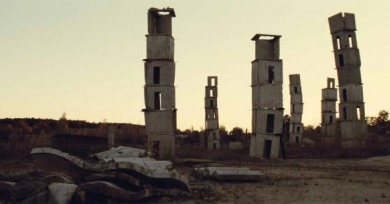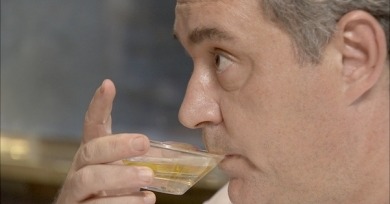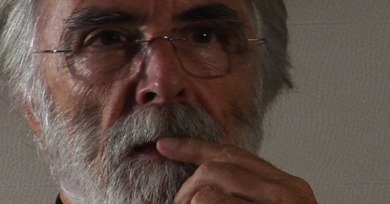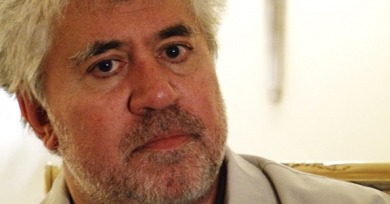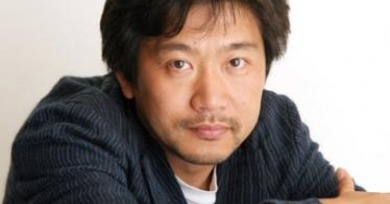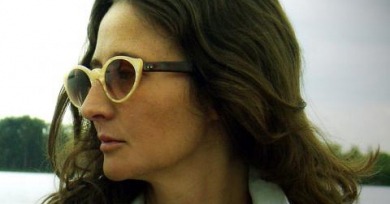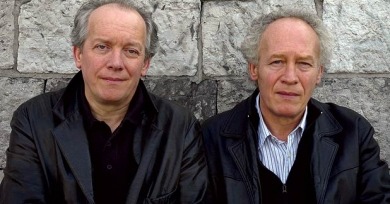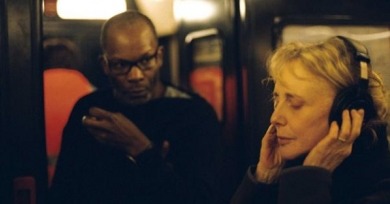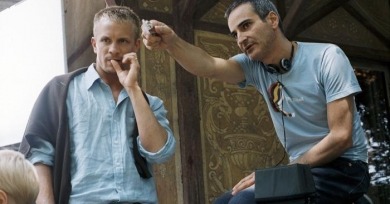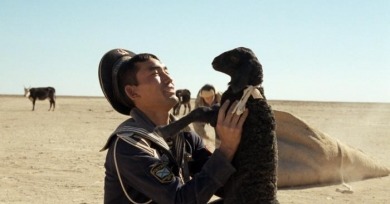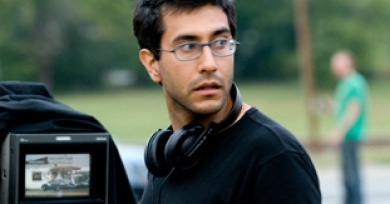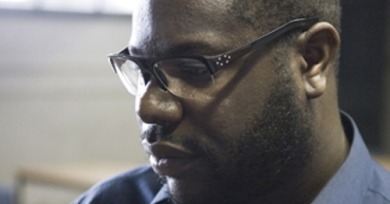Interviews
"When I was writing there were funders that thought I should make it less explicit, or less gay. But I just thought I would make it as honestly as I could, to be as honest as I could about how these characters would act."
"I approached this as a landscape film, with the challenge of rendering the Kiefer landscape into a film document. My approach is choreographic, in that I am interested in the representation of space in film."
"I don’t really believe there’s much difference between fiction and documentary. I think it’s basically all film, in which people play themselves by way of performing."
"Whether you’re making a film or writing a novel, you’re dealing less with the political and much more with the personal questions, personal dramas. The political aspects are supplementary."
"I remember in my childhood telling stories to my sisters and I was continuously fabulada, making fables, narrating. So my first vocation and my ultimate vocation is to narrate and tell stories."
"In Japanese society dead people have a different sort of presence; if you’ve done something bad, you might say, “Oh, I can’t face my ancestors.” Japanese people are very aware and conscious of the presence and effect of dead people in their everyday lives."
" It is important to blur the line between what is real and what is not and to get people to think about reality and perception. If you show everything, you make this path very clear and precise, and it doesn’t help the film."
"In our documentaries, we focused on moments in history that we had known as kids or that preceded us with the workers’ movement, but essentially we always focused on individual trajectories, individual portraits. And maybe that’s the link with our fiction work."
"I’m an anxious person. What I like best is to smoke cigarettes and listen to music. A perfect day for me is a day with coffee, cigarettes, and music, to quote Jim Jarmusch."
"We process thoughts and feelings as images. They echo within and stay with us. Cinema has a capacity of capturing those moments."
"Using film is also a psychological issue. For the director, and the actors, it creates a different kind of concentration. You understand you have just one attempt to make this."
"I’ve always been interested in reality and I’ve always been terrified of escape. I don’t like escape in my personal life or in my art, and I prefer to try to understand how I should behave in this world based on what’s really around me."
" A sound can give you the dimensions of a room. It can give you smell, it can give you tension. In some ways sound can travel itself into other areas of our senses, other areas of our psyche that unfortunately cannot be just viewed."
"You can watch a Herzog film or Barry Lyndon and they’re epic in scale but they’re also hilarious and you can tune the humor out or in. The greats have always walked that line."

